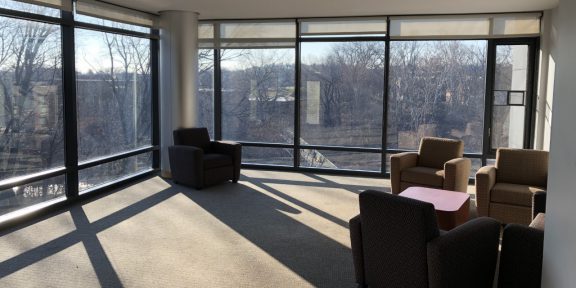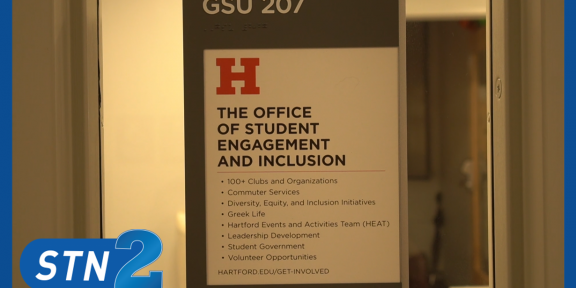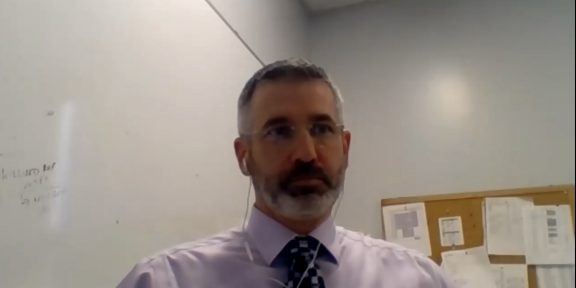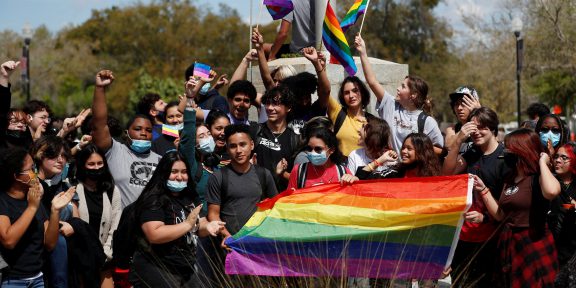For the grand majority of the 2020-2021 academic year, STN has spent time covering the ways in which the on-campus experience has been impacted by COVID-19. This week, we decided to pivot our focus to the remote students that elected not to return to campus as a result of the pandemic. Last Friday, we sat down with UHart’s Director of Student Services and Advising Katie Kitchens who has assumed the role of a COVID response team lead this year.
According to Katie, The drop-off seen in the number of returning students was a result of general anxiety regarding COVID and a return to a social environment. The majority of those that switched remote either had preexisting health conditions or family members with health conditions that put them at a higher risk of serious COVID infection. This has also applied to our current 2021 Spring Semester. Since COVID was spiking nationwide in January, an additional 100 UHart students decided to switch to online learning. This may also be a result of COVID fatigue since the situation seemed to have remained relatively stagnant for the months that students were home.
Another topic that Katie discussed was the diminished size of our freshman class in comparison to previous years. This was not a situation unique to UHart, as schools around the nation saw a similar reduction in size. Katie stated that there was a general trend of incoming freshmen that elected to postpone college altogether since starting college during a pandemic would be less than ideal.









